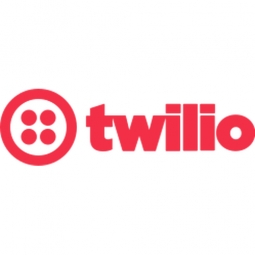Twilio
Case Studies
Twilio's Low-Cost Solution for Connecting Migrant Workers in Singapore with Families
Overview
 |
Twilio's Low-Cost Solution for Connecting Migrant Workers in Singapore with FamiliesTwilio |
Networks & Connectivity - Cellular | |
Speech Recognition Time Sensitive Networking | |
Operational Impact
| The Call Home app has had a significant impact on the lives of migrant workers in Singapore. Since its launch in September, workers have been able to spend more time talking to their families due to the app's lower cost compared to prepaid calling cards. On average, workers are now able to connect with their loved ones approximately 30 times more, translating to about 75-100 minutes per week. This has helped alleviate the feelings of isolation and loneliness that many workers were experiencing. The team also partnered with the non-profit Transient Workers Count Too (TWC2), to support the most vulnerable migrant workers. The first 1,000 workers were onboarded by the end of 2020, with plans to onboard an additional ten thousand by the end of 2021. As demand increases, there are plans to expand Call Home to other countries such as Indonesia or Myanmar. | |
Quantitative Benefit
| 40% reduction in call cost | |
| 30X increase in the number of calls to family | |
| Increase in average talk time from 30 to 75 minutes | |


